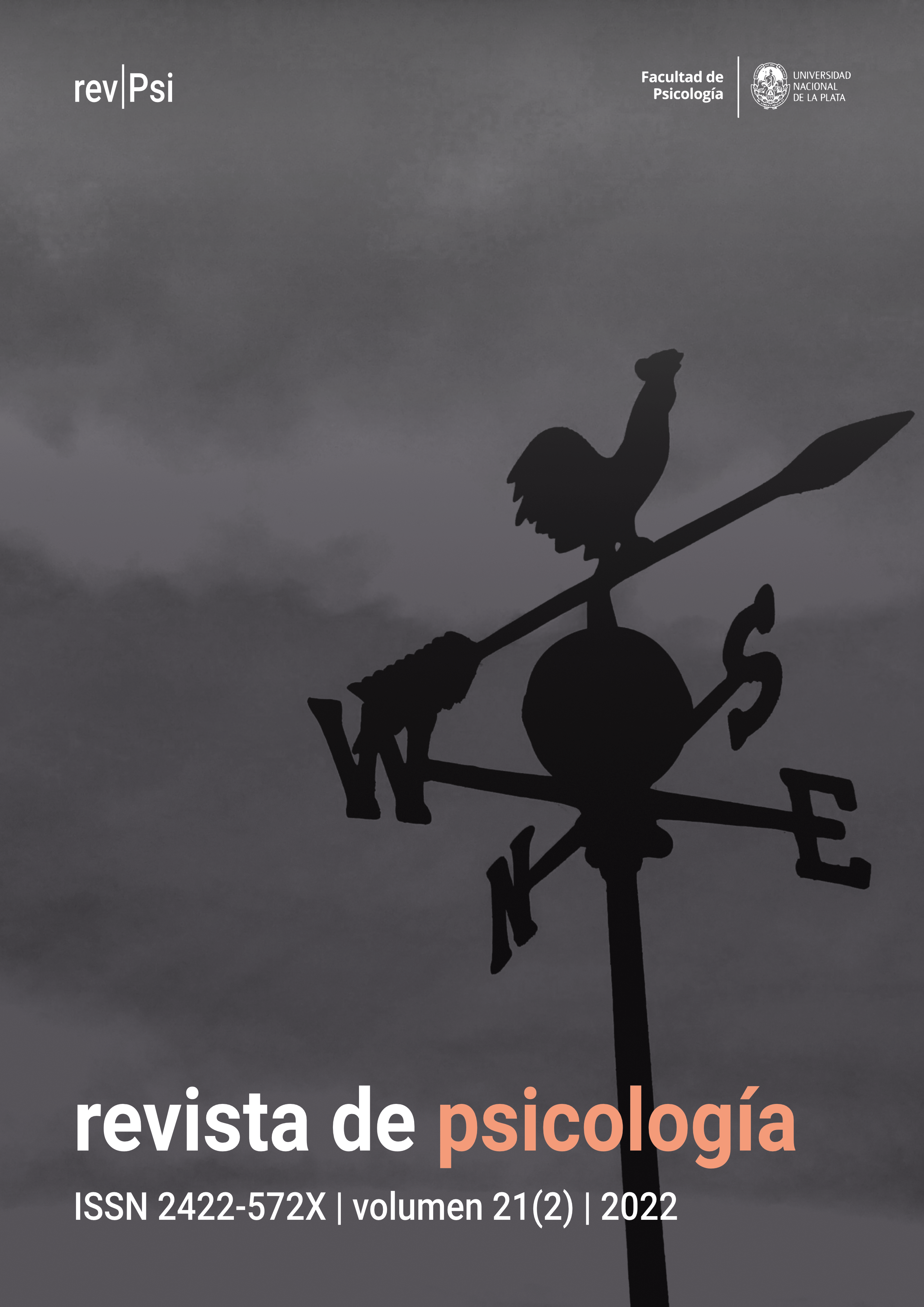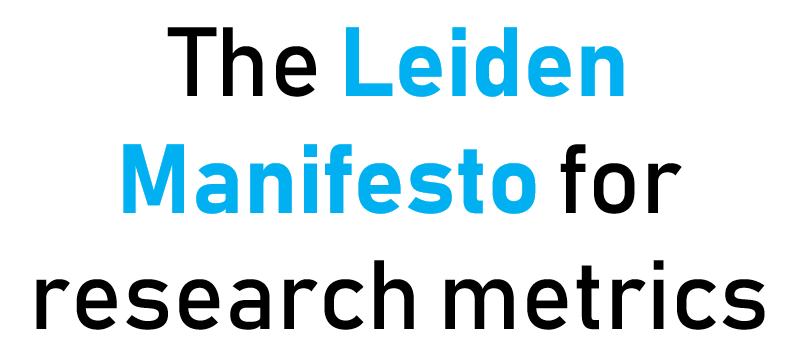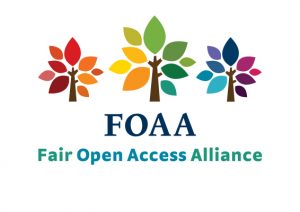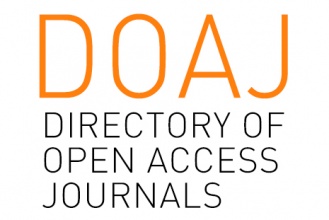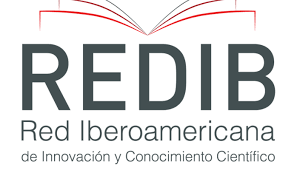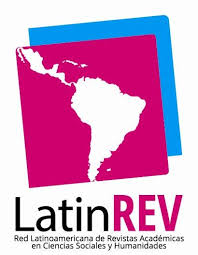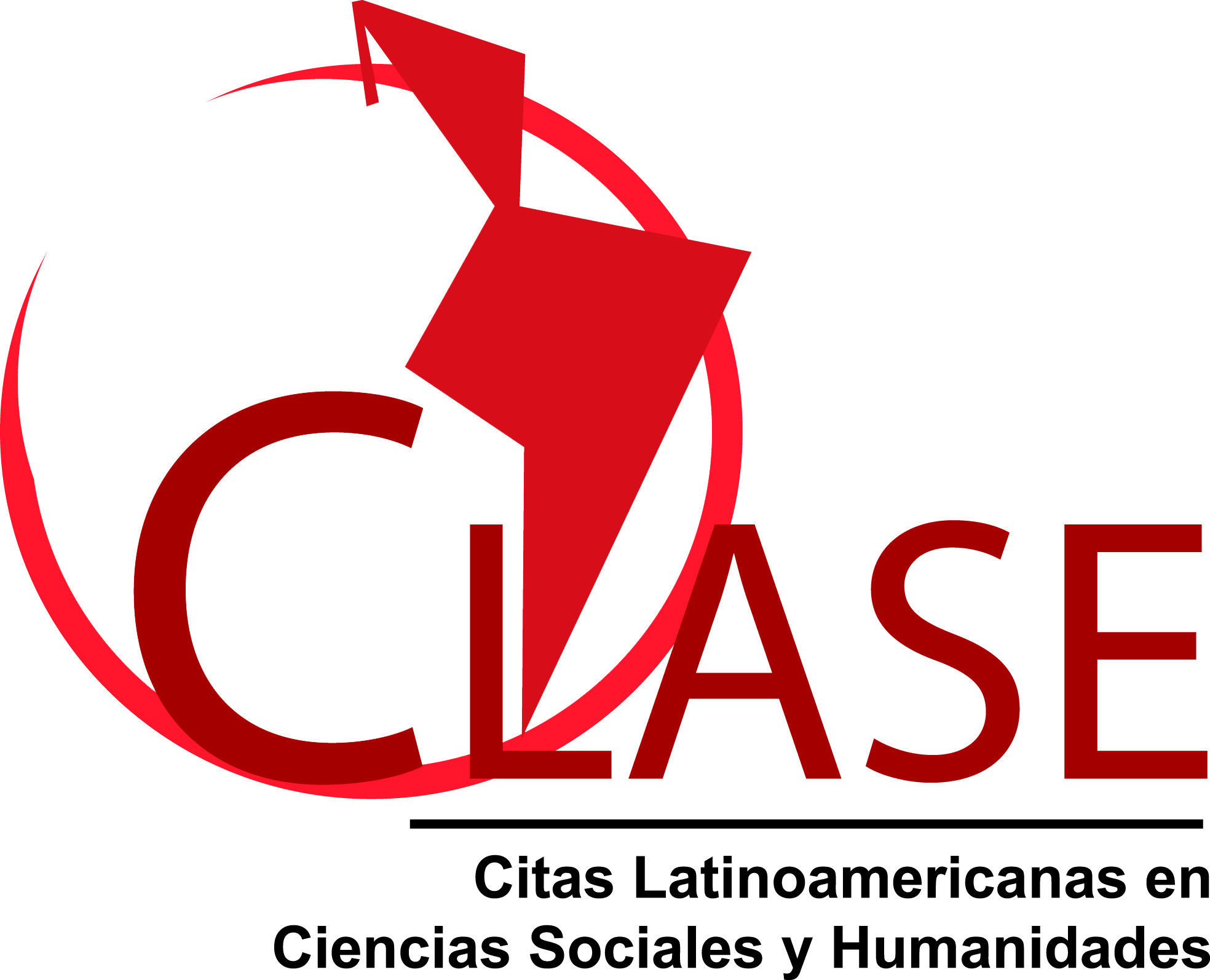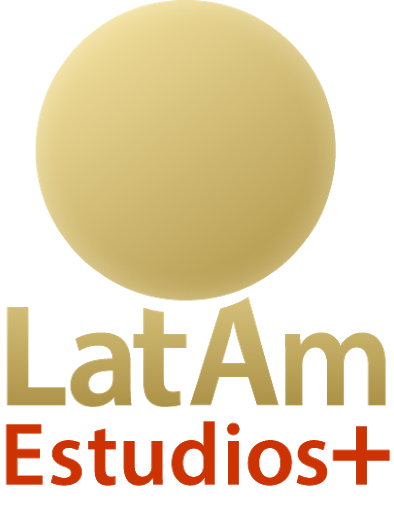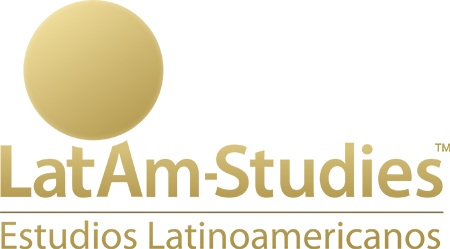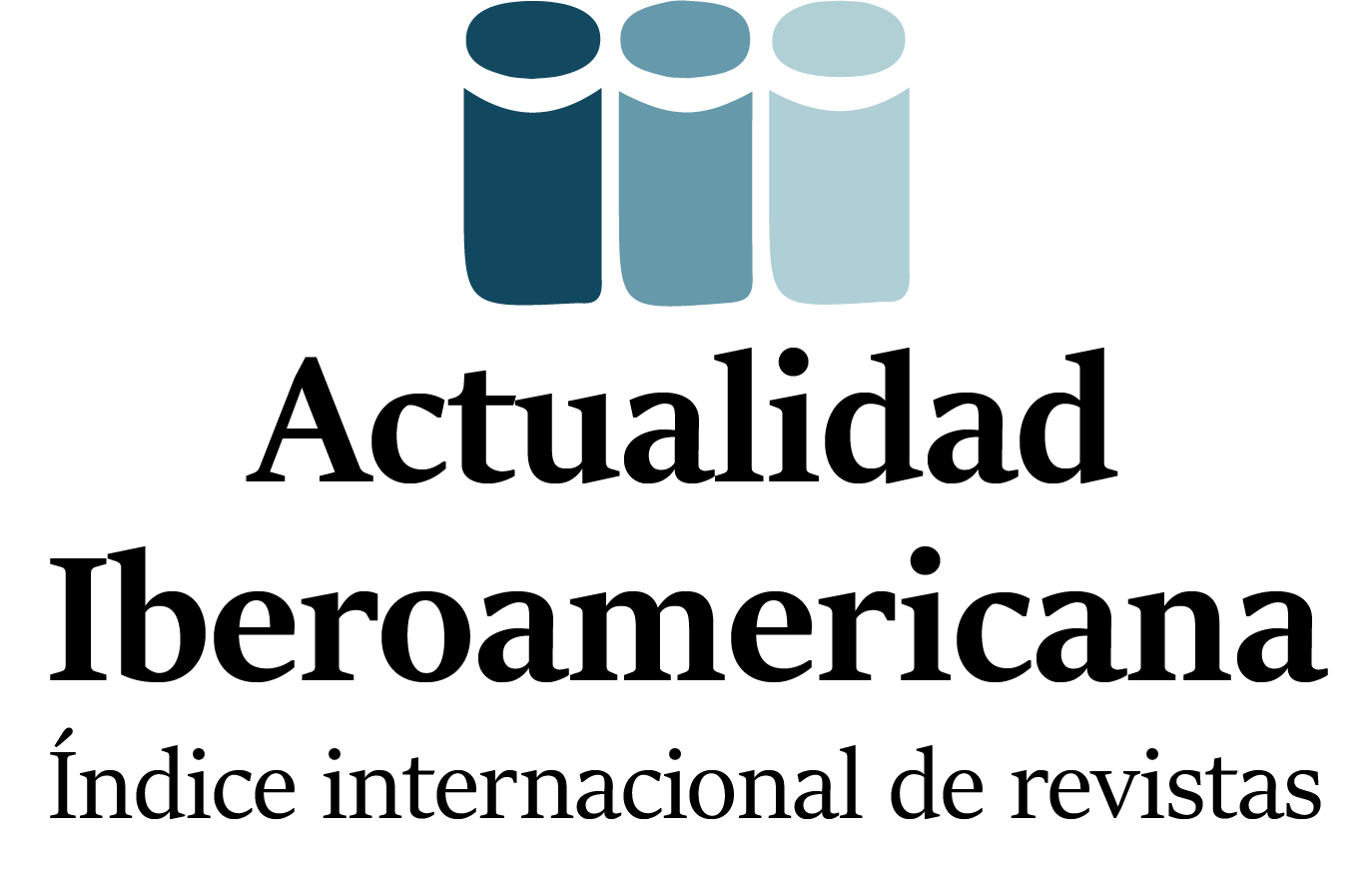Psychology, coloniality, and decolonization processes
DOI:
https://doi.org/10.24215/2422572Xe154Keywords:
coloniality, decolonization, psychology, world-systemAbstract
The work makes an introduction to the theme of the dossier, Psychology, coloniality, and decolonization processes, focusing on some conceptual axes that have implications for developing alternatives in psychology. It constitutes a work of theoretical analysis and makes some programmatic proposals. It analyzes the following conceptual axes: the geopolitics of knowledge, the simultaneous relations with and from the periphery and the exteriority, and the formulation and treatment of an agenda of relevant problems (both local and global) in the context of the world-system. This analysis will be accompanied by a programmatic proposal from a decolonial perspective to overcome both universalism and localisms, and on the value and possibility of participating in international dialogues and consensus building. Finally, the works that make up this dossier will be briefly presented, highlighting their contributions to the incipient processes of decolonization of psychology.
Downloads
Metrics
References
Beigel, F. (2013). Centros y periferias en la circulación internacional del
conocimiento. Nueva Sociedad, 245, 110-123.
Castro-Gómez, S. y Grosfoguel, R. (Comps.) (2007). El giro decolonial: reflexiones para una diversidad epistémica más allá del capitalismo global. Siglo del Hombre Editores.
Dussel, E. (2001). Hacia una filosofía política crítica. Desclée de Brouwer.
Fox, D., Prilleltensky, I. y Austin, S. (Eds.) (2012). Critical psychology. An introduction (2da Ed.). SAGE.
Grosfoguel, R. (2006). La descolonización de la economía política y los estudios postcoloniales: transmodernidad, pensamiento fronterizo y colonialidad global. Tabula Rasa, 4, 17-48.
Kincaid, H., Dupré, J. y Wylie, A. (Eds.) (2007). Value-free science? Ideals and illusions. Oxford University Press.
Lander, E. (Comp.) (2000). La colonialidad del saber: eurocentrismo y ciencias sociales. Perspectivas latinoamericanas. CLACSO.
Macchioli, F.A., García, L.N., Benítez, S.M., Briolotti, A.S., Cardaci, G. y Molinari, V. (2017). Itinerarios de la psicología: Circulación de saberes y prácticas en la Argentina del siglo XX. Miño y Dávila.
Medina, J. (2012). Epistemology of resistance. Oxford University Press.
Parker, I. (2007). Revolution in psychology: Alienation to emancipation. Pluto Press.
Pavón-Cuéllar, D. (Coord.) (2017). Capitalismo y psicología crítica en Latinoamérica: del sometimiento neocolonial a la emancipación de subjetividades emergentes. Kanakil Editorial.
Pulido-Martínez, H. C. y Sato, L. (2013). …Y entonces ¿esto de la crítica qué es? Universitas Psychologica, 20(4), 1355-1368.
Quijano, A. (1991). Colonialidad y modernidad/racionalidad. Perú Indígena, 13(29).
Quijano, A. (1999). Colonialidad del poder, cultura y conocimiento en América
Latina. Dispositivo, 24(51), 137-148.
Ratner, C. (2011). Macro cultural psychology: A political philosophy of mind. Oxford University Press.
Restrepo, E. y Rojas, A. (2010). Inflexión decolonial: fuentes, conceptos y cuestionamientos. Editorial Universidad del Cauca.
Rose, N. (1990). Governing the soul. The shaping of the private self. Routledge.
Rose, N. (1996). Inventing our selves. Psychology, power, and personhood. Cambridge University Press.
Staeuble, I. (2003). De-centring Western perspectives: Psychology and the disciplinary order in the first and third world. En A. C. Brock y W. Van Hoorn (Eds.), Rediscovering the history of psychology: Essays inspired by the work of Kurt Dazinger (pp. 183-206). Kluwer Academic/Plenum Publishers.
Staeuble, I. (2006). Psychology in the eurocentric order of the social sciences. En A. Brock (Ed.), Internationalizing the history of psychology (pp. 183-207). New York University Press.
Downloads
Published
How to Cite
Issue
Section
License
Copyright (c) 2022 Ana María Talak

This work is licensed under a Creative Commons Attribution 4.0 International License.
![]()
Authors who publish in this journal accept the following conditions:
- Authors retain the copyright and assign the right of first publication to the journal, with the work registered under a Creative Commons attribution license (CC-BY), which allows third parties to use what is published whenever they mention the authorship of the work and the first publication in this magazine.
- Authors can make other independent and additional contractual agreements for the non-exclusive distribution of the article published in this journal (e.g., include it in an institutional repository or publish it in a book) as long as they clearly indicate that the work was published for the first time in this magazine.
- Authors are allowed and encouraged to publish their work on the Internet (e.g., on institutional or personal webpages) before and during the review and publication process, as it can lead to productive exchanges and greater and faster dissemination of published work (see The Effect of Open Access ).

